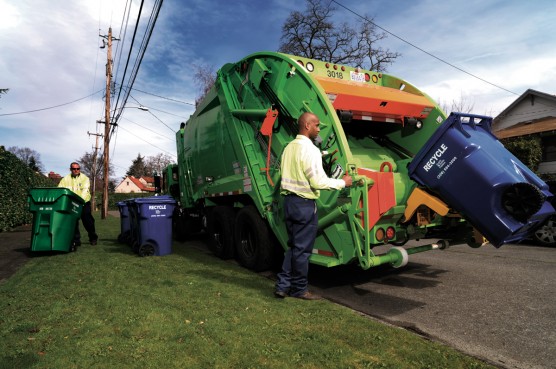Introduction
Finland has emerged as a global leader in sustainable packaging solutions, pioneering bio-based alternatives to plastic that align with the country’s circular economy goals. With growing concerns over plastic pollution and climate change, Finland is investing in Finland Waste Management Market as a way to reduce waste and promote sustainability.
Companies like Sulapac, Woodly, and Paptic are at the forefront of this revolution, developing eco-friendly materials that replace traditional plastics. Meanwhile, Finland’s strict environmental policies and upcoming plastic bans are driving the adoption of sustainable packaging solutions.
Finland’s Role in Developing Biodegradable Packaging
Why is Finland leading the bio-based packaging revolution?
Finland has a strong foundation in forestry, biomaterials, and sustainable innovation, making it the ideal hub for eco-friendly packaging development. The country’s focus on circular economy principles ensures that waste is minimized, and materials are reused or composted efficiently.
Key Drivers of Finland’s Biodegradable Packaging Industry:
Abundant natural resources – Finland has vast forests, providing sustainable wood-based materials for bio-packaging.
Government support – Strong funding for green innovation and circular economy projects.
Strict plastic regulations – Finland is phasing out single-use plastics and promoting compostable alternatives.
Consumer awareness – Growing demand for eco-friendly packaging from Finnish and global consumers.
What is Bio-Based Packaging?
Bio-based packaging is made from renewable plant-based materials, such as wood fibers, cellulose, and agricultural waste. These materials are designed to:
Break down naturally in the environment.
Reduce carbon footprint compared to fossil-based plastics.
Be recyclable, compostable, or biodegradable.
The Impact of Biodegradable Packaging in Finland:
Plastic waste reduction – Less reliance on non-recyclable plastics.
Lower CO₂ emissions – Bio-packaging has a smaller carbon footprint than traditional plastics.
Increased recycling rates – Bio-based materials are often easier to recycle.
Finnish Startups Leading the Bio-Packaging Revolution
Several innovative Finnish companies are pushing the boundaries of sustainable packaging, creating eco-friendly alternatives to plastic.
1. Sulapac: The “Plastic Without Plastic” Pioneer
Sulapac is one of Finland’s most recognized bio-packaging companies, developing fully biodegradable packaging solutions from wood-based materials.
What Makes Sulapac Unique?
Made from wood chips and plant-based binders – 100% biodegradable and microplastic-free.
Breaks down naturally in marine and soil environments.
Used by luxury brands like Chanel for sustainable packaging.
Sulapac’s Impact:
- Collaborating with global brands to reduce plastic use.
- Expanding production for cosmetics, food, and pharmaceutical packaging.
2. Woodly: Transparent and Flexible Bio-Plastic
Woodly is revolutionizing flexible plastic packaging with wood-based transparent film.
Key Features of Woodly’s Bio-Plastic:
Looks and feels like traditional plastic but is made from sustainable wood-based polymers.
Recyclable and biodegradable, making it a great alternative for food packaging.
Used by Finnish supermarket chains to replace conventional plastic bags.
Woodly’s Expansion:
- Partnering with major retailers like Kesko for sustainable food packaging.
- Scaling up production for global distribution
Conclusion
Finland is at the forefront of the global movement toward sustainable packaging, driven by its strong environmental policies, abundant natural resources, and innovative companies like Sulapac, Woodly, and Paptic. By focusing on bio-based, biodegradable alternatives to plastic, Finland is effectively reducing plastic waste and carbon emissions while promoting a circular economy. These efforts not only align with global sustainability goals but also demonstrate that eco-friendly packaging can be both practical and scalable.





Comments